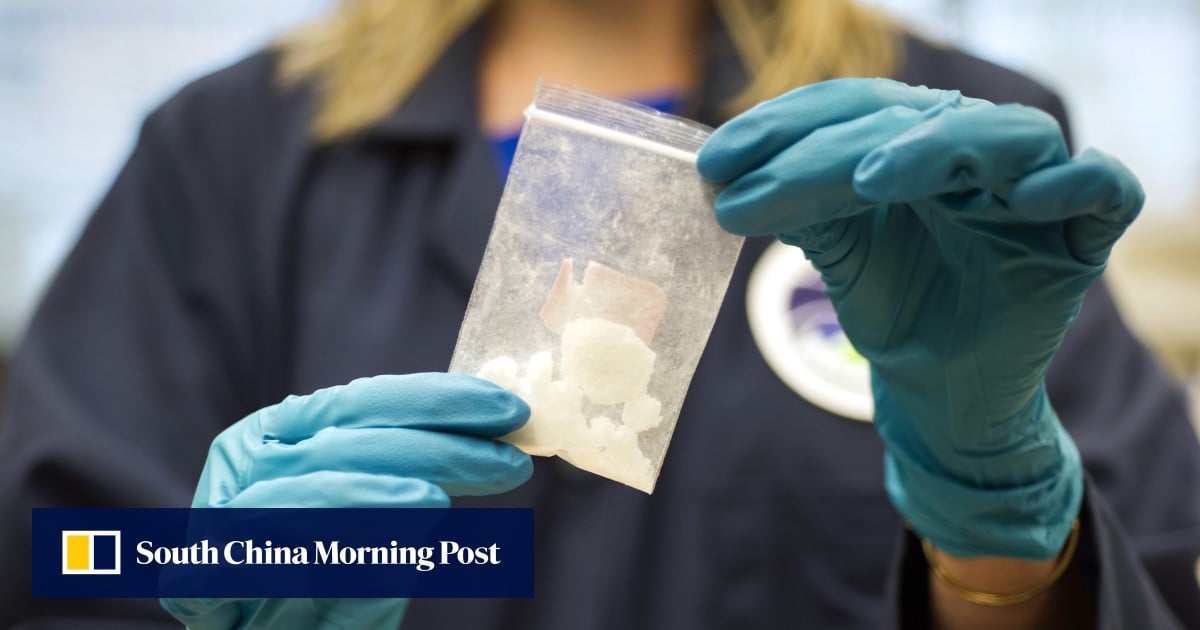US national security adviser Jake Sullivan has urged Beijing to use its leverage with Tehran to rein in Iranian-backed Houthi attacks on vessels in the Red Sea in a back-channel meeting with Chinese foreign minister Wang Yi.
A senior US official said Sullivan had raised the issue with Wang during two days of discussions in Bangkok, Thailand.
The official said China had “substantial leverage” with Iran and that Beijing said it had raised the issue with Tehran. But she said the US was trying to see if Beijing had raised it and whether any of its efforts would be effective.
“We’re looking to . . . facts on the ground, and those attacks seem to be continuing,” the official said
The White House said the US and China will hold counter-narcotics talks in Beijing next week, after Sullivan and Wang met in Bangkok in the latest effort between the two powers to stabilise relations.
It said Sullivan and Wang welcomed progress on efforts to counter the narcotics trade as both sides prepared to hold the first meeting of a working group established when President Joe Biden held a summit with his Chinese counterpart Xi Jinping in San Francisco in November.
The White House said the meeting was “part of the effort to maintain open lines of communication and responsibly manage competition” that had been agreed by Biden and Xi. The senior official said the US expected that Biden and Xi would hold a call at some point over the coming months.
It said both sides welcomed recent efforts to stabilise relations, including the resumption of talks between the US and Chinese militaries that China halted in 2022 after then US House Speaker Nancy Pelosi visited Taiwan.
The White House said they also held “candid, substantive and constructive discussions” on issues that included Russia’s war against Ukraine, the Middle East, North Korea and the South China Sea. They also discussed a bilateral dialogue on artificial intelligence that will start in the spring.
The Financial Times reported recently that top US officials had pressed China to urge Tehran to rein in the Iranian-backed Houthis who have attacked commercial vessels in the Red Sea for the past two months.
Both US and UK naval forces engaged the Houthis on Saturday. US forces struck an anti-ship missile that they said was aimed at the Red Sea and ready for launch while the UK’s Ministry of Defence said HMS Diamond used its Sea Viper missile system to shoot down a drone that was targeting the ship.
UK defence secretary Grant Shapps said on Sunday that the UK remained “undaunted” by the targeting of the Royal Navy vessel, which he attributed to the Houthis.
Saturday’s actions followed the most serious Houthi strike so far against a merchant ship. A missile attack on the Marlin Luanda, carrying refined oil for the commodities trader Trafigura, started a fire that took about 19 hours to extinguish.
The US Central Command (Centcom) described the blaze on the tanker as “a major fire” and said vessels from the US, French and Indian navies had all assisted in fighting it.
They also discussed Taiwan, following the election this month of Lai Ching-te as president. Beijing views Lai as a dangerous separatist and worry that he will push Taiwan towards independence. Washington has urged China not to take provocative actions as Taiwan prepares for Lai’s inauguration in May.
The Chinese embassy in Washington said Wang told Sullivan that Taiwan independence “poses the biggest risk to cross-Strait peace and stability and the biggest challenge to China-US relations”. It said Wang called for the two countries to treat each other as equals, “instead of in a condescending way”.
The Chinese embassy added that Wang had “cautioned against turning economic and technological issues into political and security issues”.
In another sign of improvement, US officials said there had been no dangerous aerial intercepts of US spy planes by Chinese fighter jets over the South China Sea in the two months since Biden and Xi held their so-called Woodside summit.
US officials have stressed in recent months that they do not expect decisive outcomes from high-level engagement. Rather, the renewed efforts are designed to reduce tension and try to ensure that heightened competition between the two powers does not veer into conflict.
The FT last week reported that Sullivan and Wang would meet in Thailand, continuing a private channel that US officials said had been effective because the meetings had been held away from the spotlight. Sullivan and Wang met quietly in Vienna and Malta last year, helping to pave the way for Biden and Xi to meet in November.
The counter-narcotics talks are intended to stem the flow of ingredients used to make Fentanyl, a synthetic opioid that has triggered an epidemic in America. Mexican drug cartels produce the drug from precursor chemicals that largely come from China and smuggle the narcotics into the US.
Additional reporting by Robert Wright


